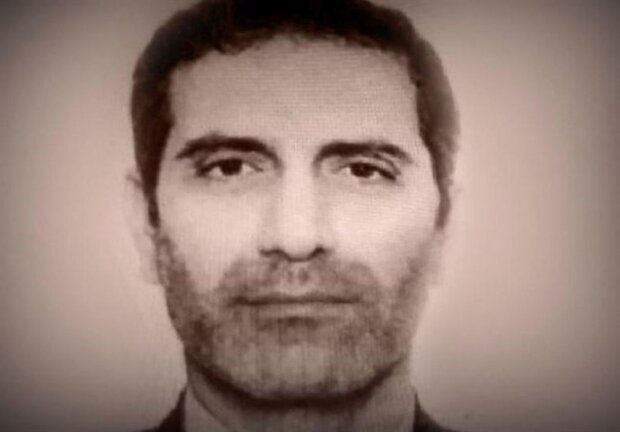West using terrorist groups as tool: professor

TEHRAN – More than four years ago, Assadollah Asadi, a third diplomat of the Iranian embassy in Austria, was arrested in Europe despite enjoying diplomatic immunity, a move that Iran rejected as unlawful and a violation of international law.
This year’s June marked the fourth year since the Iranian diplomat was put behind the bar. Assadi was arrested on June 10, 2018, on his way to his residence in Austria, the place of his posting.
Three years later, on February 4, 2021, the Iranian diplomat was sentenced by a Belgian court to 20 years in prison despite Iran’s repeated appeals for his release.
Kazem Gharibababadi, Secretary-General of Iran's High Council for Human Rights, said on Saturday the detention is illegal and violates the provisions of the 1963 Vienna Convention on Consular Relations.
“He enjoys diplomatic immunity. His arrest in Germany and his 101-day detention in inappropriate conditions is a violation of international law, human rights, and the 1963 Vienna Convention on Consular Relations,” Gharibabadi, an advisor to the Judiciary chief, said, according to ISNA.
Assadi was arrested and put on trial on charges of trying to target the gathering of the Iranian opposition group Mojahedin-e Khalq, also known as the Hypocrites. But the history of the group has cast doubts over the legality and credibility of the Assadi trial. Many Iranians believe that the whole episode is a plot by the MEK to ramp up pressures on Iran.
Seyed Amir-Hossein Ghazizadeh Hashemi, a member of the Iranian Parliament, has said that the Assadi issue was a “pre-planned plot” aimed at increasing pressure on the Islamic Republic. In an interview with Mehr News, he said that the Assadi trial should be viewed in the context of MEK activities against the Islamic Republic of Iran. Ghazizadeh Hashemi said MEK cooked up the story of Assadi to put maximum pressure on Iran with the purpose of forcing Iran into giving concessions in international relations.
Heibatollah Najandi Manesh, a professor of international law at Allameh Tabatabaei, is of a similar opinion. He said the issue of Assadi should not be looked at only from a legal perspective. Speaking to Mehr News, He described the detention of Assadi as a “very dangerous move” and said the United States is somehow involved in this case. Underling that MEK had long been blacklisted by the U.S. and the European Union, the professor said, “The main victims of these terrorist acts [by MEK] were neither European nor American citizens but happen to be Iranian citizens.”
Accordingly, Najandi Manesh said, Western countries should extradite the members of MEK to Iran so that justice be done. “Anyone who commits international crimes, including terrorist acts, must be tried and not go unpunished,” he said.
The professor said the West uses terrorist groups as a foreign policy tool. “Why in 2002, for example, when George W. Bush wanted to invade Iraq, did he say that Saddam Hussein provided safe haven to terrorists? Who was in Iraq at that time? I dare say that George W. Bush meant these Hypocrites, otherwise, there would have been no other terrorist group in Iraq,” he said.
Najandi Manesh said Germany and Belgium have turned into a tool for MEK because they refused to take the legal measures set out in international law. He said they acted in bad faith. “A Belgian court ruling is no different from a criminal act because they both break the law,” he said.
Earlier this month, Gharibabadi sent a letter to the UN High Commissioner for Human Rights to protest the detention of Assadi. “Despite enjoying diplomatic immunity, he was unlawfully arrested in July 2018 in the State of Bavaria in Germany on his way back to his residence in Vienna. After 101 days in custody, Assadi was extradited to Belgium in October 2018 pursuant to an unlawful ruling issued by the Karlsruhe court, after which, the Antwerp criminal court illegally sentenced him to twenty years in jail irrespective of diplomatic immunity thereof by virtue of the 1961 Vienna Convention on Diplomatic Relations. He is currently imprisoned in Belgium,” Gharibabadi said in the letter.
He added, “The Federal Republic of Germany is a signatory to the 1961 Vienna Convention on Diplomatic Relations. Membership of numerous international conventions on human rights and additional protocols as well as membership of the European Convention on Human Rights requires Germany to enforce provisions set forth therein. Nonetheless, the measures undertaken by the German Government amount to Berlin’s flagrant violations of its international and human rights obligations vis-à-vis Assadi and his family.”
Leave a Comment